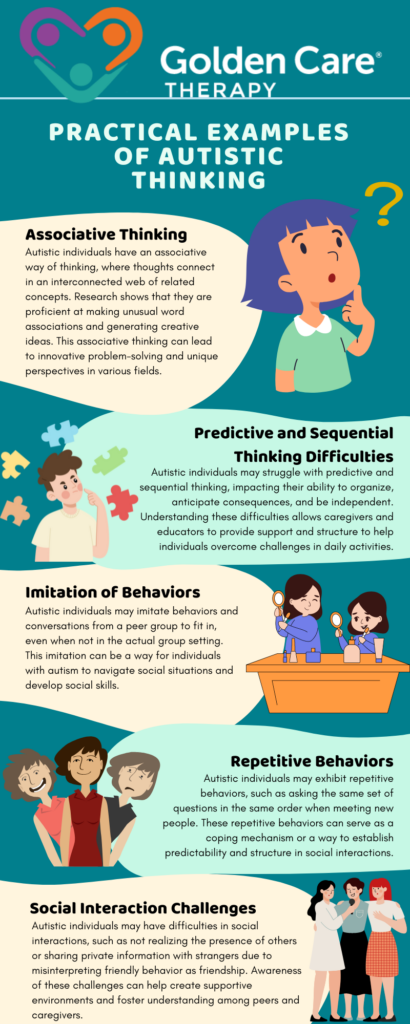Diagnosing Autism in Young Children: What to Expect

The process of diagnosing autism in young children can be complex, requiring careful observation, specialized assessments, and input from multiple professionals. Factors such as room setup can also play a role in ensuring an optimal environment for accurate evaluations. Unlike some medical conditions that can be confirmed through a single test, autism is diagnosed based […]
How to Spot Mild Autism Symptoms in Children

Recognizing mild autism symptoms in children can be challenging, especially when they don’t fit the classic image of autism that many people expect. Children with mild autism may develop speech, reach developmental milestones on time, and seem socially engaged at first glance. However, subtle difficulties in social interactions, sensory sensitivities, or responses to room setup […]
Understanding Developmental Delay in Autistic Kids

Developmental delay is a common concern among parents and caregivers of autistic children. While autism itself is a neurodevelopmental condition that affects social interaction, communication, and behavior, developmental delays can manifest in various ways, impacting cognitive, motor, language, and social skills. Some autistic children may develop skills at a slower pace than their neurotypical peers, […]
Designing a Functional Room Setup for Autism Support

Creating an effective classroom environment is essential for supporting children with autism. From thoughtful design to considering students’ individual needs, several factors play a crucial role in enhancing learning experiences. The proper setup of the classroom environment significantly boosts engagement and cooperation while reducing disruptive behaviors among children with autism. Purposeful planning is necessary to […]
My Autistic Child Loves to Cuddle: Is It Normal?
For some autistic children, expressing love through touch, such as cuddling or hugging, can be a meaningful way to connect with others. Even though they may be touch-resistant due to sensory issues, their desire for physical closeness and affection remains. These children may seek out cuddling as a way to feel secure, show their love, […]
Giftedness and Autism: What You Should Know
The term “twice exceptional” (2e) is often used to describe individuals who are both intellectually gifted and have a neurobiological difference, such as autism. These individuals possess a unique combination of strengths and challenges, which can present certain complexities when it comes to understanding their needs and providing appropriate support. In-home ABA Therapy can play a crucial […]
Asperger Anger Issues: Triggers and Management Tips

While individuals with Asperger syndrome often exhibit strengths in particular areas, such as intense focus on specific interests or exceptional attention to detail, they may also grapple with challenges in managing their emotions, including anger. Anger in individuals with Autism Spectrum Disorder (ASD) can be complex and influenced by a variety of factors related to their […]
Signs My Autistic Child Will Talk

Acquiring language skills is a significant milestone for all children, including those with autism. The ability to communicate effectively through spoken language opens up opportunities for social interaction, self-expression, and learning. According to research, acquiring useful language skills by age 5 is a strong predictor of positive outcomes in individuals with Autism Spectrum Disorder (ASD). In-home […]
Understanding ASD: Autistic Thinking Examples

To understand autistic thinking, we have to recognize and appreciate the different cognitive styles that individuals on the autism spectrum may possess. Temple Grandin, a renowned scientist and autism spokesperson, identified three specialized cognitive types in autistic individuals: visual thinkers, verbal/logic thinkers, and pattern thinkers. Characteristics of Each Thinking Style Visual thinkers have a unique way […]
What to Do About Picky Eating Problems in Child with Autism

Many parents of autistic children face challenges when it comes to mealtimes. A child with autism may be extremely selective about the foods they eat, refusing entire food groups, rejecting certain textures, or insisting on eating the same meal every day. These behaviors can cause stress for families and make it difficult to ensure proper […]


